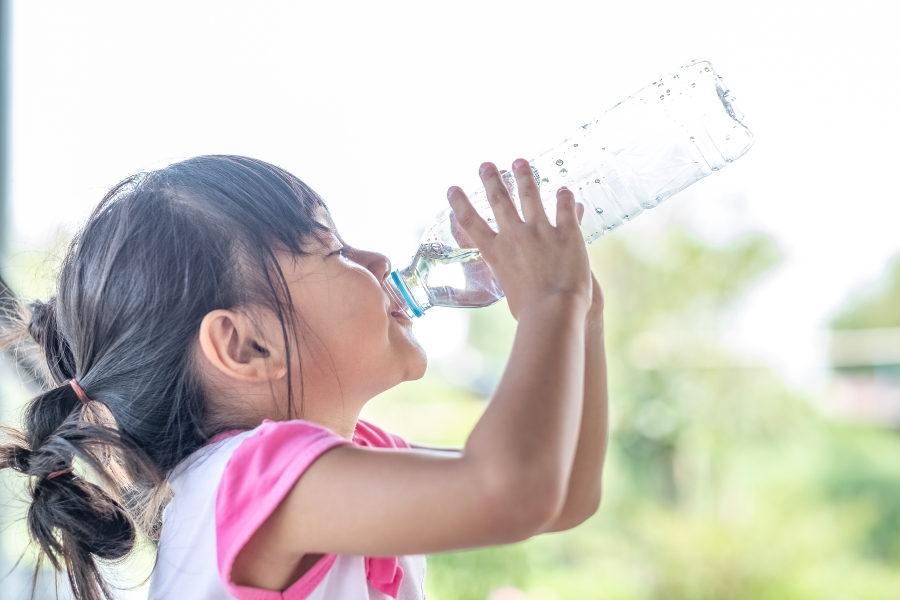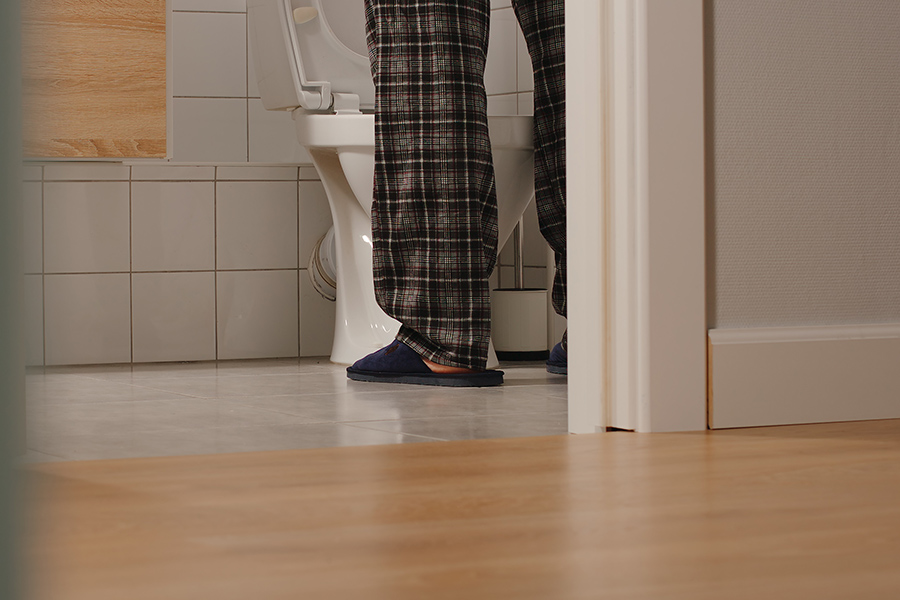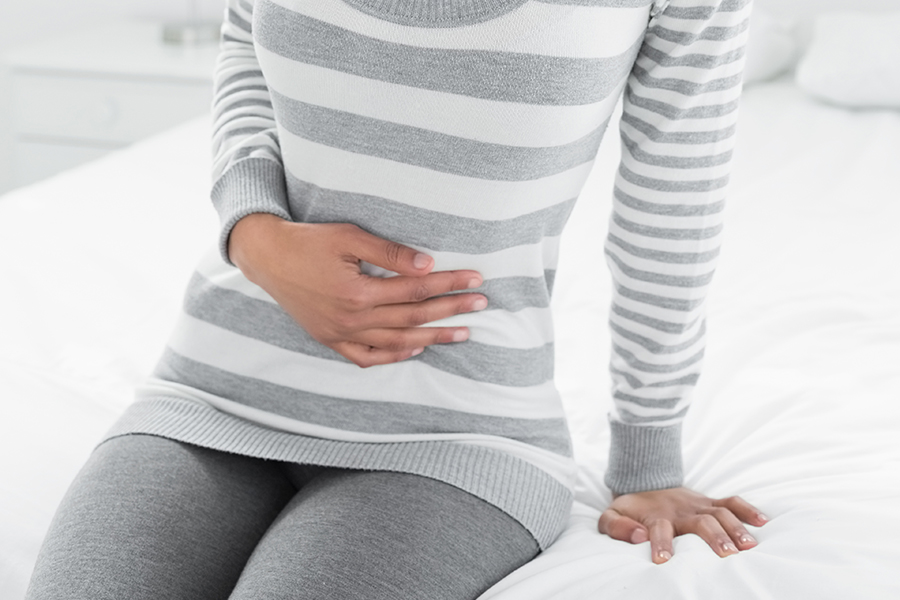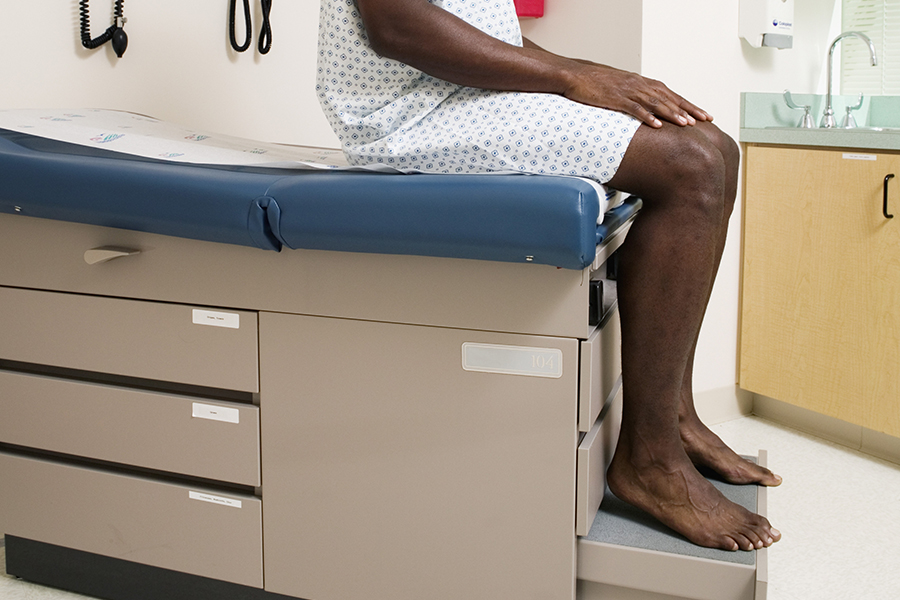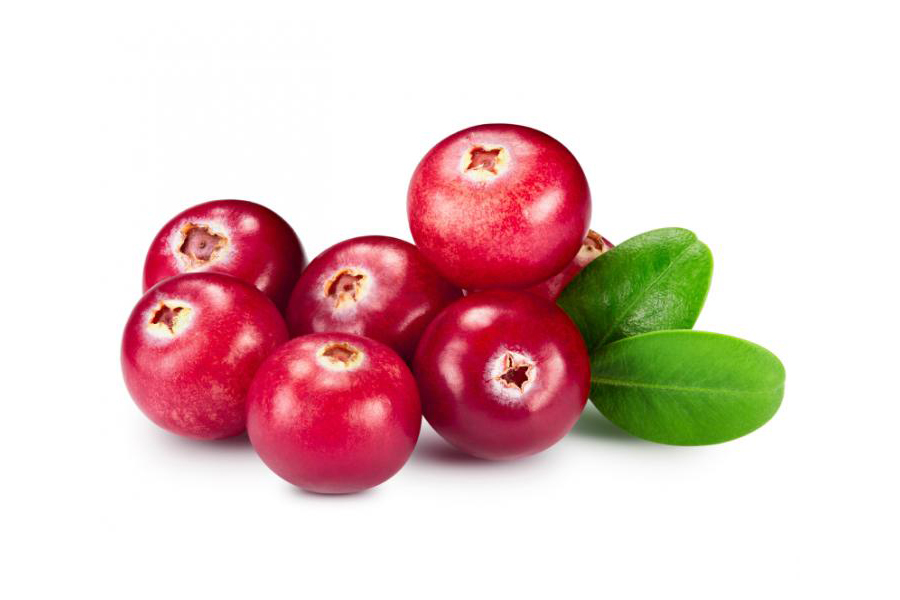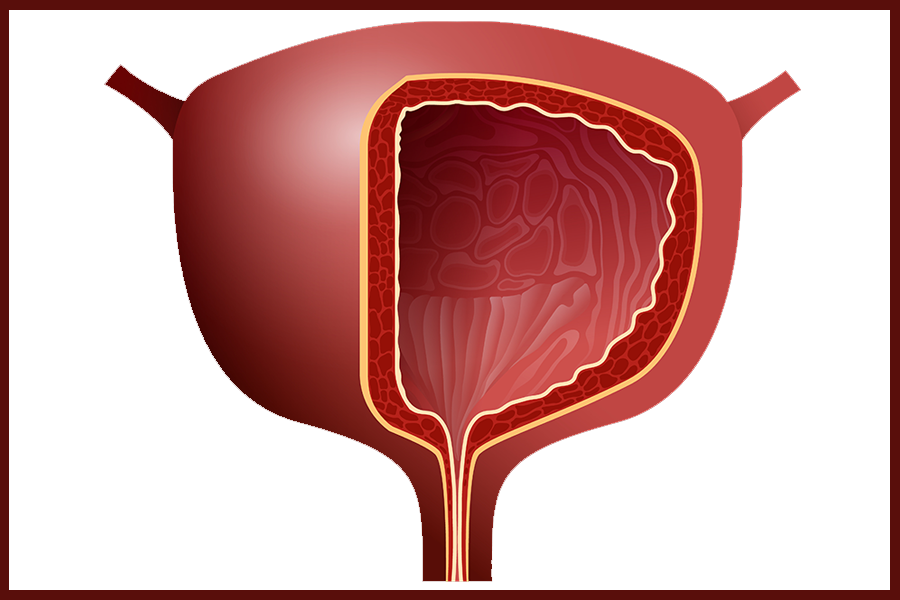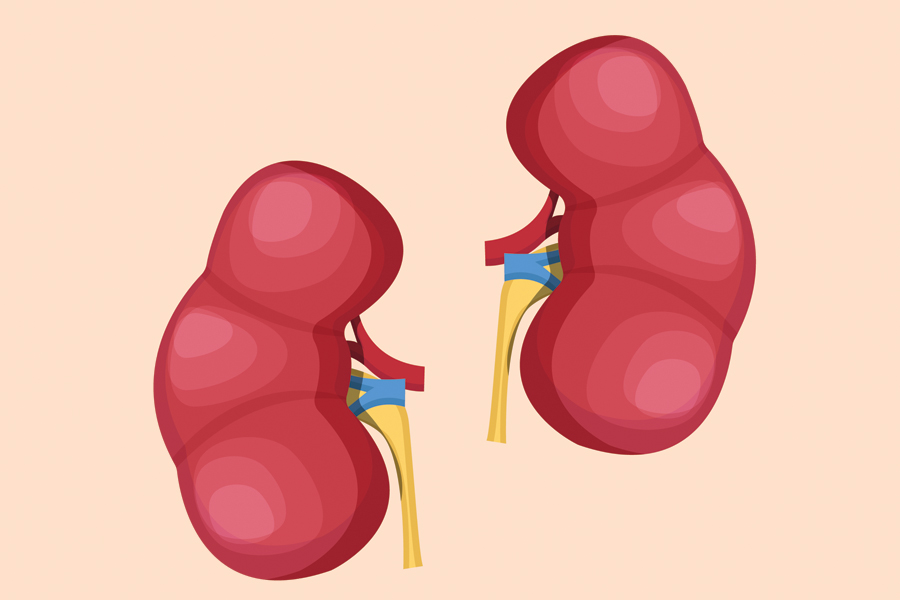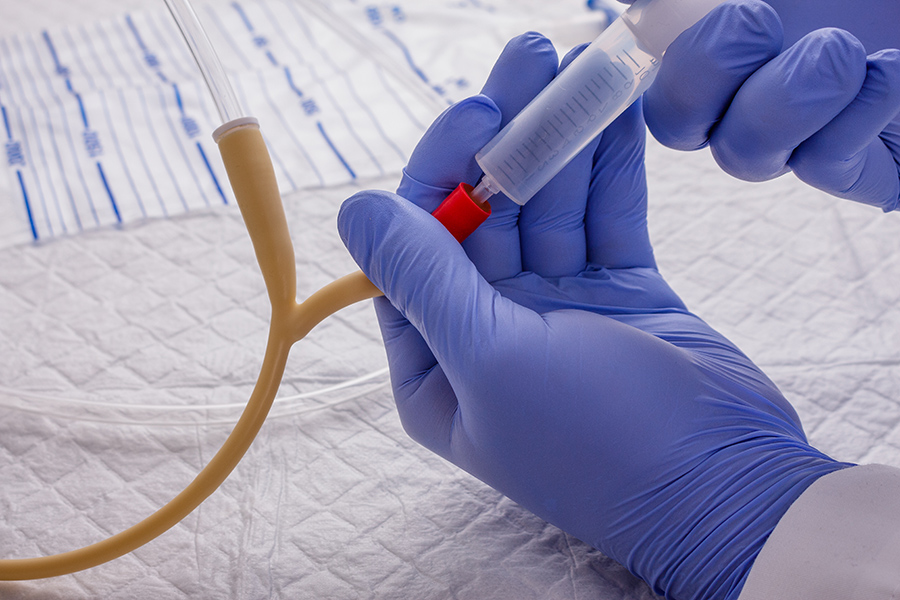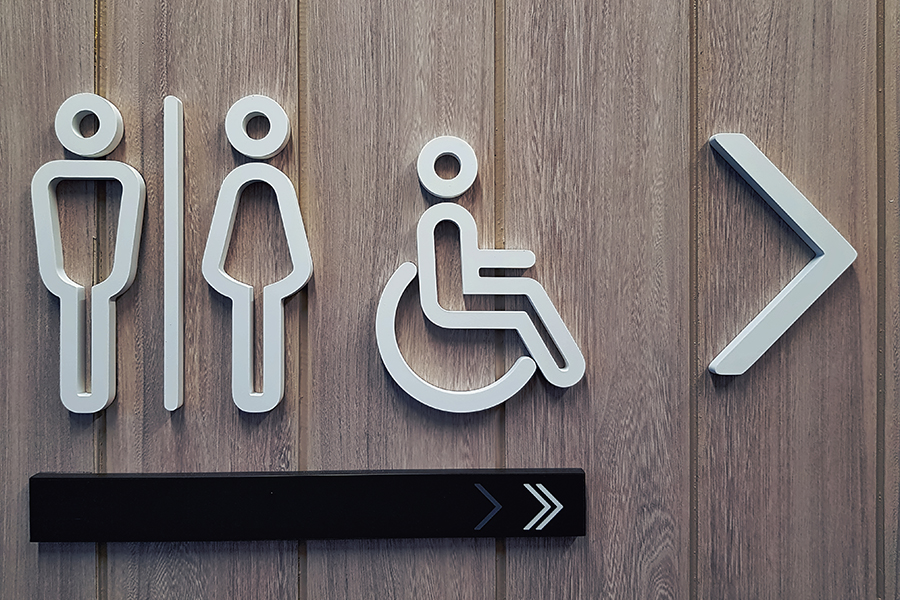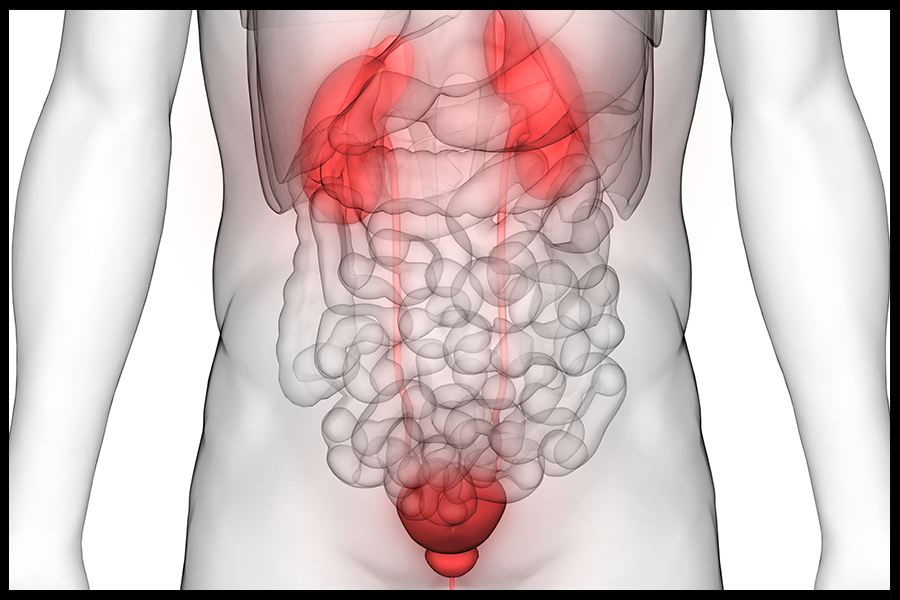Kidney stones are extremely common, even affecting young children and teens. Kidney stones are small, pebble-like deposits composed of minerals and salts. Most stones form in the kidney and can cause sharp pain in the abdomen, side, and groin—especially, as the stone passes through the tubes connecting the kidney to the urinary tract.
If there isn’t an underlying cause for the stone such as family history, medical condition or medication, then lack of hydration and poor diet may be the reason. In order to prevent kidney stones, it is important to stay hydrated and eat the right foods. Below we’ve outlined some nutrition tips to help prevent kidney stones.
Nutrition Tips:
- Stay hydrated. It is important to make sure you are drinking enough water throughout the day. One of the main functions of the kidneys is to remove minerals and salts that build up in the body. If you aren’t properly hydrated, your kidneys won’t be able to do their job as effectively, increasing your risk of a kidney stone. Kids should aim for 5 cups of water each day, and teens and adults should aim for 7-8 cups per day. Remember that certain beverages like coffee, tea and alcohol can have a dehydrating effect.
- Reduce sodium. Sodium is present in numerous foods, particularly pre-packed, canned, frozen, and fast foods. Limit these foods and opt for low-sodium options whenever possible. The recommended intake is between 1,500 mg to 2,000 mg of sodium per day. To give you a visual, just ½ teaspoon of salt is 1,150 mg!
- Limit sugar. Excessive consumption of sugar, found in sugary beverages and baked goods, interferes with the absorption of calcium and magnesium and can lead to kidney stones. Limiting sweets reduces the chance of kidney stones and is better for your overall health.
- Eat more fruits and vegetables. Fruits and vegetables, including fruit and vegetable juices, help make the urine less acidic, so it reduces the risk for certain types of stones. Fruits and vegetables are also a good source of fiber, vitamins and minerals, and citric acid (or citrate), which reduces the growth of stones.
- Find out the type of stone. There are four different types of stones: calcium, uric acid, cysteine, and struvite. Determining the type of stone will help you make the correct dietary adjustments to prevent them in the future. You can learn more about types of kidney stones below.
Types of Kidney Stones:
Calcium Stones — If you are prone to getting calcium-oxalate stones, which are the most common type of stone, monitor the amount of oxalate you get in your diet. Foods that are high in oxalate are nuts, spinach, swiss chard, rhubarb, tea, beets, bran cereals, and potatoes. To help your body better handle oxalate and reduce the formation of stones, pair a calcium-rich food source with an oxalate-rich food source. Have a cup of yogurt with a handful of nuts or sprinkle some cheese on your spinach salad. If you take a calcium supplement, however, this may increase your risk for stones. Take the supplement with meals to reduce the risk.
If your stones are identified as calcium-phosphate stones, limit animal protein (poultry, meat, eggs, and shellfish), dairy products, and processed foods as they can be high in both phosphorus and sodium.
Uric Acid Stones — If your stones are uric acid stones, limit the amount of animal protein in your diet. Too much animal protein in your diet such as poultry, meat, eggs and shellfish can cause uric levels to rise. Uric is a substance the body produces naturally to breakdown chemicals in the body, but if the levels are too high it can cause uric acid kidney stones. High levels of uric acid also suppress the body’s ability to make citrate, which prevents the stones from forming.
Cysteine stones — These types of stones are genetic, meaning one or more of your family members have or have had these stones. With this type of stone, cystine leaks into the urine and causes stones to form. In order to prevent these types of stones from occurring, it is important to stay hydrated, limit sodium intake and up your fruit and vegetable intake.
Struvite Stones — These stones are known as “infection stones” and are produced by bacteria from chronic kidney or urinary tract infections. Incorporating more fruits and vegetables, drinking more fluids, and treating kidney or urinary tract infections as soon as possible will prevent these types of stones.
As always, follow up with your doctor and seek guidance from a specialist who has experience treating kidney stones.
Sources:





